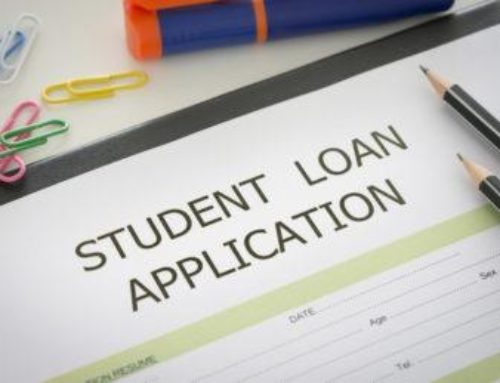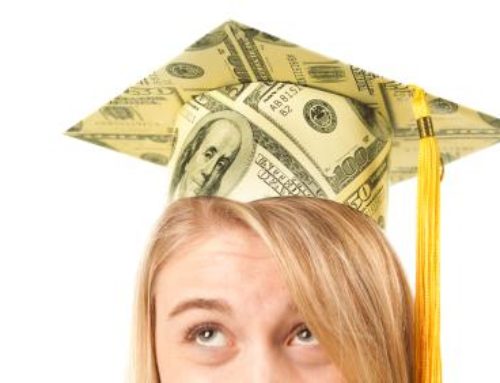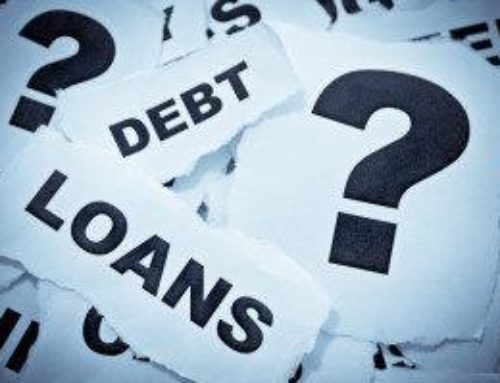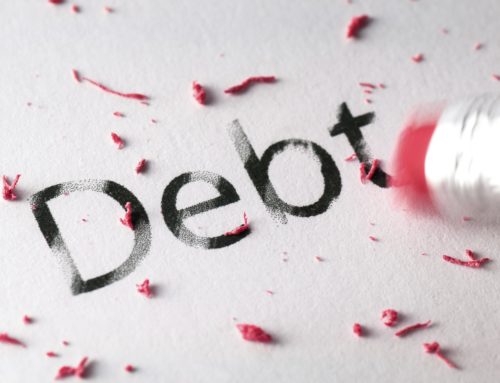Congratulations on finishing your degree! Time to start “adulting” and begin it by paying your bills. One of the first bills you need to settle is your student loan, but where do you start?
Student debt is a burden not just for young Americans but for the American economy as a whole. It has become the second-highest source of consumer debt, right after mortgage loans. Student loan debt is so staggering that it has beaten out both credit card and automobile debt.
Student loan debt is now, more than ever, a crisis in the United States. Consider the following numbers:
- As of 2019, student loan debt is at an all-time high with a national total of $1.6 trillion.
- 65% of the class of 2018 graduated with student debt
- Among these graduates, the average student loan debt was $29,200.
- The average U.S. household with student debt owes $47,671, according to NerdWallet’s 2018 household debt study.
- Students who pursue professional degree programs can expect to take on much more. Tuition costs have continued to rise because fewer people are enrolling in college each year. Here’s how the average student loan debt compares for the class of 2018.
-
- Average debt for medical school graduates: $196,520.
- Average debt for dental school graduates: $285,184.
- Average debt for pharmacy school graduates: $166,528.
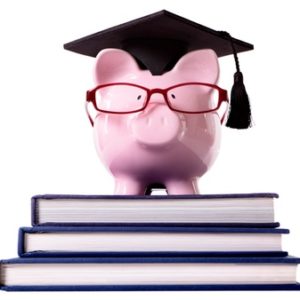 But then again, student loan debts are usually not discharged in bankruptcy. Often, the recourse is to file bankruptcy in order to discharge unsecured debts, like credit card debt and medical bills, which would free up their budget in order to pay off their student loans.
But then again, student loan debts are usually not discharged in bankruptcy. Often, the recourse is to file bankruptcy in order to discharge unsecured debts, like credit card debt and medical bills, which would free up their budget in order to pay off their student loans.
In other words, the 32% of student loan debt-carrying consumers filing for Chapter 7 bankruptcy get their debts discharged but they are still obligated to pay off the remainder of their debts, which are mostly student loans.
Does this imply that one has to pay off debts all their lives? Is there really no hope for financial freedom?
We mentioned that student loans are generally not discharged in bankruptcy. Like other non-dischargeable debts such as child support and alimony as well as tax liens, it may be challenging to wipe out student loan debt. However, it is not entirely impossible to discharge student loans in bankruptcy.
Just recently, recommendations from the American Bankruptcy Institute’s Commission on Consumer Bankruptcy proposed changes that aim to address issues that have made it more challenging for debtors to file bankruptcy. The report touched on concerns such as legal representation costs, rainy day funds for debtors with unexpected expenses and the disproportionate number of African-American consumers in a certain type of bankruptcy proceeding. The report was put together by prominent members of the bankruptcy community, including former judges, academics and lawyers from both the debtor and creditor sides. Hopefully, this will help people struggling with financial debt brought about by student loans.
Filing a Student Loan Bankruptcy
- Work with a bankruptcy lawyer. A bankruptcy attorney, especially one who is knowledgeable about student loan debt will make it easier to go through the nuances of the complex world of bankruptcy proceedings. While it may be difficult to have your student loans discharged, your experienced bankruptcy attorney may help in discharging your other unsecured debt . This will give you some sense of financial relief and may help you pay off your student loans. Consulting bankruptcy attorneys will be a big help should you decide to file for bankruptcy.
- File for Chapter 7 or 13 bankruptcy. Discharging student loans comes at the end of the bankruptcy process. There are several types of personal bankruptcy but the more common ones are Chapter 7 and Chapter 13. Chapter 7 is a liquidation bankruptcy for people with limited incomes who can’t pay back all or a portion of their debt. The goal of Chapter 7 bankruptcy is to discharge the debt. Consumers who file for Chapter 13 bankruptcy expect restructuring of debt through a repayment plan that takes three or five years and that ultimately leads to a bankruptcy discharge. This presumes that the individual has a monthly income and therefore can afford to pay the monthly payments stated in the reorganization plan. Your attorney can provide legal advice on the type of consumer bankruptcy that’s best for you: Chapter 7 or Chapter 13.
If you’ve already filed for bankruptcy but didn’t attempt to have your student loans discharged, you can reopen the case and appeal for them to be cleared.
- File a complaint to begin the adversary proceeding. Wiping out student loans through bankruptcy requires an additional lawsuit known as an adversary proceeding. In order to do this, your bankruptcy attorney must file a written complaint presenting the details of your case. From there, the case will be litigated until the bankruptcy judge determines the outcome. You may receive full discharge, partial discharge, or no discharge.
Proving Undue Hardship
During your adversary proceeding. you will have to prove that repaying your loans would cause you “undue hardship.” Undue hardship is measured by the Brunner test, which requires bankruptcy filers to meet specific criteria in order to be eligible to have their student loans wiped out.
You must prove that you meet all three parts of the Brunner test to get your college debt discharged:
- Poverty – Prove that you cannot maintain a minimal standard of living, based on your current monthly income and expenses, while also paying student debt.
- Persistence – Prove that your finances will likely stay the same during repayment. Though this is harder to prove, other circumstances may be considered in the Brunner test, such as a serious mental or physical disability, obligations to dependents, a poor-quality or limited education, number of years remaining in your work-life indicating that you may have maximized your income potential in your field, lack of assets, lack of better financial option.
- Good faith – Prove that you made an effort in good faith to repay your student loans and that you attempted to resolve the issues by working with the lender and other means such as making some loan payments, attempting to negotiate a payment plan, and working to cut down unnecessary expenses and increase income.
Considering Bankruptcy As Your Option? Talk to a bankruptcy attorney now!
If you have exhausted all payment options, have been past due on your student loans, or have defaulted on your loans, you may want to look at bankruptcy filing as a sensible step.
These situations are no guarantee a bankruptcy court will discharge your student loans, but it has happened for some borrowers. Bankruptcy lawyers are well-versed in making sure all areas are covered to get the best outcome possible.
Filing bankruptcy need not be an additional burden on your part especially when you are already in financial distress. A bankruptcy lawyer can help you get your affairs in order before filing and after filing a bankruptcy petition. Call us a Northwest Debt Relief Law Firm for a free initial consultation.

